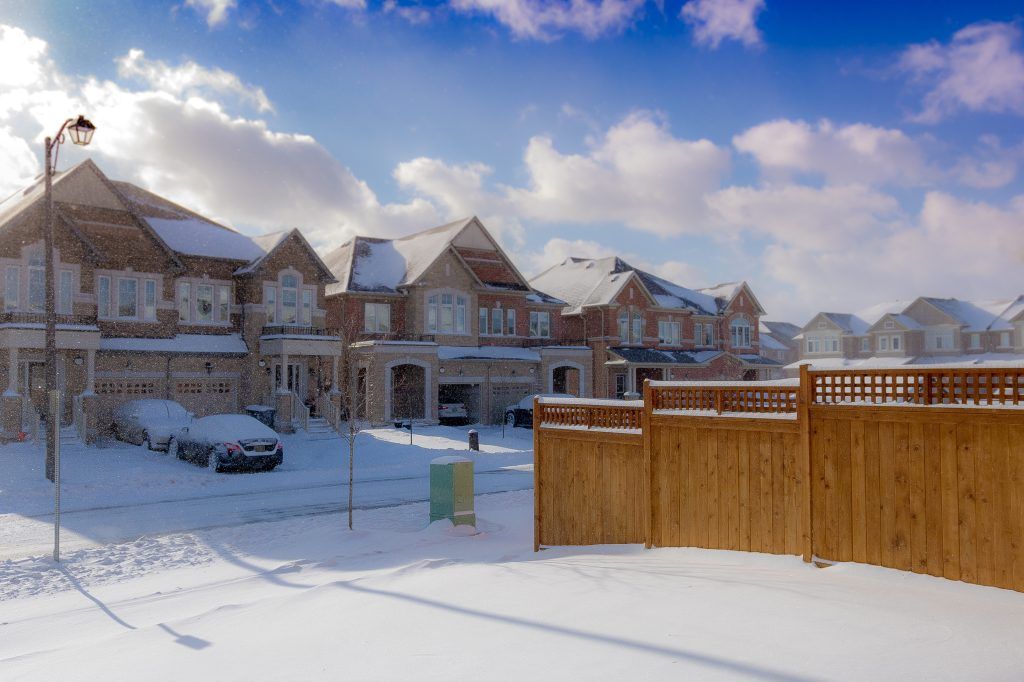
As winter blankets our homes in a layer of frost, our HVAC systems become the unsung heroes of comfort. However, they face unique challenges during this season. Understanding how winter weather affects your HVAC system can help you ensure it operates efficiently and keeps your home warm and cozy.
**1. **Increased Workload**
Winter means your furnace or heat pump will be working overtime. They must counteract the cold outdoor air by producing and circulating warm air throughout your home. This increased workload can lead to higher energy consumption and potential wear and tear on the system.
**2. **Frozen Components**
In extremely cold climates, certain components of your HVAC system can freeze. The most common issue is a frozen condensate line, which can lead to system malfunctions. Regularly monitoring your system during cold snaps and taking preventative measures, like insulating pipes, can mitigate this risk.
**3. **Reduced Efficiency**
Cold weather can reduce the efficiency of your HVAC system, especially if it’s an older model. As the temperature drops, the system may struggle to maintain the desired indoor temperature. This can lead to longer run times and increased energy bills. Consider upgrading to a more energy-efficient model for better performance.
**4. **Air Quality Concerns**
In winter, homes tend to be sealed tightly to conserve heat. While this is energy-efficient, it can lead to indoor air quality issues. Without proper ventilation, pollutants and allergens can become trapped inside, potentially causing health problems. Regularly changing air filters and using an air purifier can help alleviate this issue.
**5. **Thermostat Adjustments**
As the temperature outside fluctuates, you may need to adjust your thermostat settings to maintain a comfortable indoor environment. Programmable or smart thermostats can help automate this process, ensuring your home is always at the right temperature without manual intervention.
**6. **Humidity Levels**
Winter air tends to be drier, which can impact indoor comfort. Low humidity levels can lead to dry skin, irritated respiratory systems, and even damage to wooden furniture and fixtures. Consider using a humidifier to maintain an optimal indoor humidity level.
**7. **Regular Maintenance is Key**
To combat the challenges posed by winter weather, regular maintenance is crucial. A professional HVAC technician can inspect and service your system, ensuring it’s in top condition to handle the demands of winter.
In conclusion, understanding how winter weather affects your HVAC system empowers you to take proactive steps in ensuring it runs efficiently and keeps your home comfortable throughout the season. Regular maintenance, thermostat adjustments, and attention to air quality are all vital components of winter HVAC care. By addressing these factors, you can enjoy a warm and cozy home all winter long.